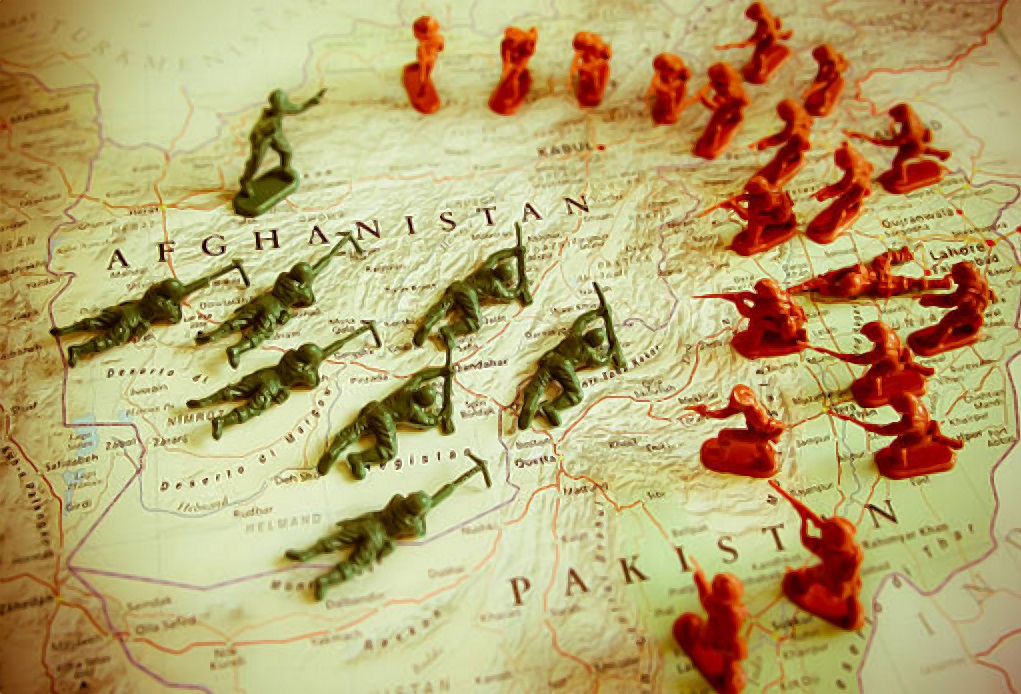- Web
- Yesterday
Khawaja Asif denies Afghan claims, belying Pakistan’s security fears
-

- Web Desk
- Jan 12, 2025

ISLAMABAD: In a recent interview, the Defense Minister, Khawaja Asif firmly rejected the allegations made by an acting Afghan minister.
The Pakistani defense minister labelled the Afghan leader’s allegations as “baseless” and “fabricated”.
Read more: Hundreds of Afghans detained in Pakistan: Afghan embassy
The exchange is yet another example of the ongoing tensions between the two neighbouring countries, which has been marred by a complex history of mistrust and geopolitical manoeuvring.
Khawaja Asif stated that the Afghan deputy minister’s remarks were an attempt to deflect attention from the real issues at hand. He pointed to a United Nations report indicating the presence of over two dozen terrorist groups operating within Afghanistan, including the banned Tehreek-i-Taliban Pakistan (TTP), and the al-Qaeda.
The defense minister noted that Afghanistan has again become a hub for the recruitment and facilitation of the so-called Islamic State-Khorasan Province (ISIS-K), particularly in 2024.
“Over two dozen terror groups are operating in Afghanistan. Now, it is the responsibility of the Afghan acting government to prevent these groups from using its land against other countries”.
Khawaja Asif urged the interim Afghan Taliban authorities to take proper action against the infrastructure of terrorism within their own borders.
He called for measures to prevent Afghan territory from being used as a Launchpad for attacks against Pakistan.
The PML-N leader also called for the unrecognised Taliban government to honour its commitments to the international community regarding counter-terrorism efforts, indicating the agreement the Afghan Taliban made with the US government to prevent Afghan soil from being used as a safe haven for terrorism.
The relationship between Pakistan and Afghanistan has been historically fraught, with several factors contributing to a tense relationship.
One of the most glaring is the Durand Line itself, a border established during the British colonial rule following the Anglo-Afghan war. The border has never been formally recognised by any successive Afghan governments since Pakistan’s creation.
The Taliban in particular have sought to appeal to the local Pashtun population by maintaining a stance of hostility towards Pakistan. The Durand Line in particular serves as the perfect political flashpoint, framing it as an infringement on a collective Pashtun identity and sovereignty.
In 2021, the Afghan Taliban’s opposition to the fencing of the Pakistan-Afghanistan border further exacerbated tensions. Pakistani authorities has initiated a project to fence the border in an effort to curb cross-border terrorism and illegal movement.
The Afghan Taliban’s resistance to the initiative might be rooted in their desire to appeal to the locals and to rally support among the country’s largest ethnic group.
The historical context of strained relations between the two neighbouring countries is further complicated by issues of refuge flows, trade disputes and differing political ideologies.
Read more: Afghan musicians not to be deported from Pakistan, PHC rules
Khawaja Asif’s statements reflect not only Pakistan’s security concerns but the country’s inability to establish friendlier relations with its north-western neighbour. Bhutto’s attempts yielded little in the 70s, and it seems little has changed in 2025.




